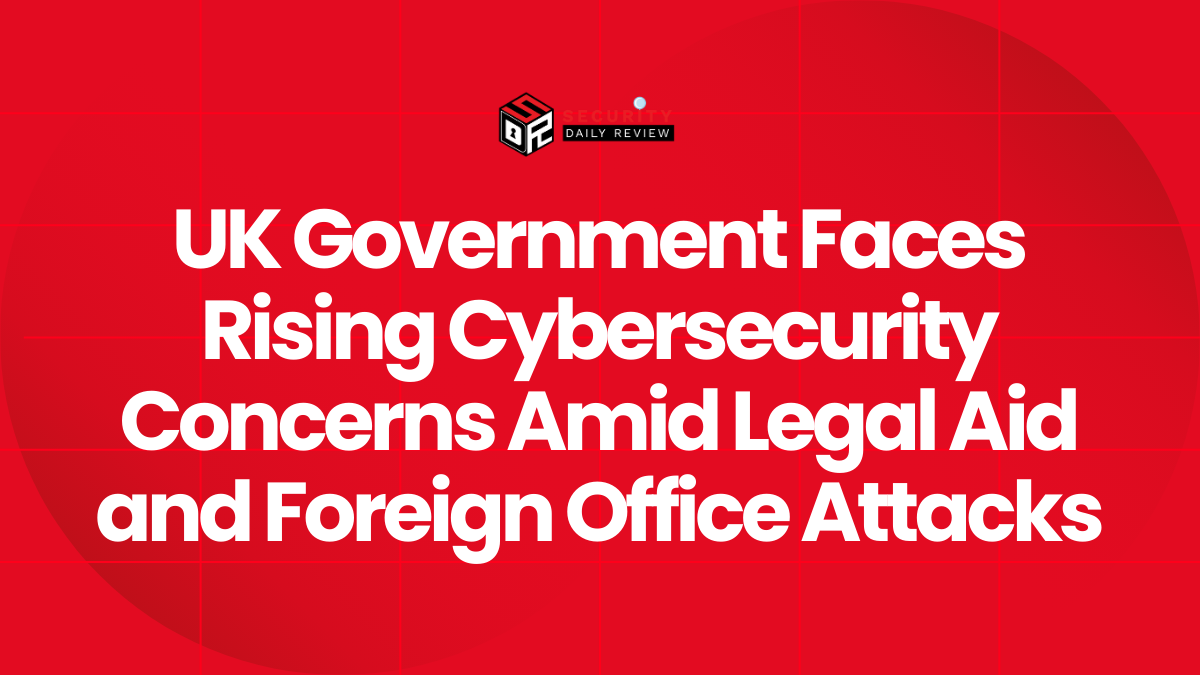A Rising Tide of Cyber Threats Targeting Countries in EU
The Central Bank of Cyprus has released a warning about the escalating cybersecurity risks facing businesses, particularly within the financial sector. Their latest financial stability report reveals that 14.3% of Cypriot companies with over 10 employees experienced cyberattacks that disrupted operations or compromised data. While lower than the EU average of 22.2%, this figure underscores the growing vulnerability of businesses to cyber threats, a trend mirrored across Europe.
The report paints a concerning picture of the cybersecurity landscape in the European Union. Finland leads with a staggering 43.8% of businesses reporting cyberattacks impacting their operations, followed by the Netherlands (30.1%) and Poland (29.7%). These statistics highlight the widespread nature of the problem and the significant disruptions these attacks cause.
The report specifically notes that the increased digital connectivity, remote work practices spurred by the pandemic, and the outsourcing of critical IT infrastructure to third-party providers have all contributed to heightened vulnerability. The geopolitical climate, characterized by increased tensions, further exacerbates these risks.
Cyprus’ Proactive Measures Against Cyberattacks and EU-Wide Initiatives
In response to these growing threats, the Central Bank of Cyprus has taken proactive steps to bolster the nation’s cybersecurity defenses. A key initiative is the mandatory annual penetration testing of critical banking infrastructure. This proactive approach aims to identify and address vulnerabilities before they can be exploited by malicious actors. Furthermore, the Central Bank is actively involved in the implementation of the EU’s Digital Operational Resilience Act (DORA), a crucial piece of legislation designed to strengthen the resilience of the financial sector against cyberattacks.
Looking ahead, a pan-European coordination framework, recommended by the European Systemic Risk Board, is slated to become operational in 2025. This framework will be vital in enhancing the preparedness of authorities and facilitating coordinated responses to large-scale cyber events. The aim is to create a more robust and unified approach to tackling systemic cyber incidents across the EU.
The Central Bank emphasizes the significant risk that evolving cyber threats pose to the EU’s financial stability. The potential for disruption to critical economic functions and the erosion of public trust are considerable, particularly if interconnected critical entities are targeted, creating systemic threats. The report strongly suggests that a comprehensive and coordinated approach is essential to mitigate these risks effectively. The rising number of cyberattacks across Europe, including the 14.3% figure in Cyprus, serves as a clear call to action for businesses and regulatory bodies alike.









